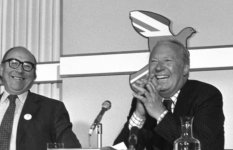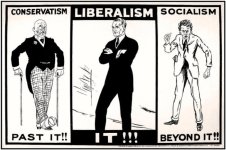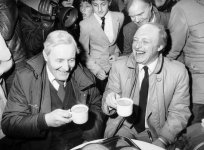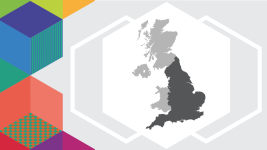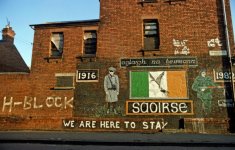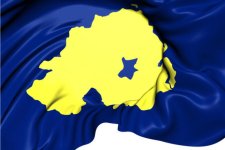Labour Party boxes
MPs' tribal allegiances in 1983 (70 Bennite, 90 moderate/right, 15 Shore nationalist):
Last edited:
Thanks for the support and interesting comments! First of all, I agree that the economy and jobs figures will be central to the Alliance's prospects over the coming 4 or 5 years. Williams and Rodgers here are inclined to go big on public spending, while Jenkins is perhaps more fiscally restrained. Many of the early policies you described are Jenkinsite, revealing his hold on the SDP in coalition. As we progress though, you might see bolder measures in the fight against unemployment and poverty. Rodgers looks very safe in the chancellorship. The basic map I've got for Alliance camps right now is as follows: Liberals and Jenkinsites (pushing for social liberalism, moderate Keynesianism); Williams/Owen faction (radical centrist social democrats); Rodgers in between; and the ex-Tory wets (broadly liberal). As you can tell, the Owenites are presently outgunned even despite Williams' popularity. But it's a fine line and her group certainly benefited from the defection of 15 Labour MPs recently.Just catching up with this, it's a great read. I like the detail on the Government's early policies (e.g. earlier entry into EMS, bringing back incomes policy, supply side interventions) and the different camps within the Alliance. It will be interesting to see how these ideological and personal tensions play out.
I suspect that a lot will depend on the economy and Rodgers as Chancellor, if a stimulus and pay policy don't produce the expected results then I could see people like Jenkins, Owen, Patten et cetera calling for a more 'Social Market' approach, drawing on some of the OTL ideas of the Social Market Foundation, established by ex-SDP members.
There's also a question of how far the parties' identities survive and whether there's continued pressure from the grassroots and some party members to develop more distinctive policies. But that's likely to get very messy because as you describe the issues and personalities cut across both parties so it's not just a 'Liberal versus SDP' fight. I suspect that you might see more 'ginger' groups/factions pop up within the Coalition formalising these different views.
Few minor thoughts:
- Earlier entry into the EMS means that the Government may have to restrict spending to protect the pound or devalue, depending on the rate. The 'social democratic' faction of the Alliance may be faced with difficult choices about what they can invest in (as their French partners were doing) which may fuel the arguments above;
- Will be interesting to see how long Whitelaw remains as leader given that he was drinking a lot in office and had a stroke I think in 1985;
- Heseltine wrote a good book after he resigned over Westland called 'Where There's A Will' on his political ideas, talks about industrial strategy, decentralisation, support for privatisation, his support for immigration and racial equality, and Europe;
- Surprised to see Gordon Brown jump to the Alliance as I think he was still on the soft-left at this point, as author of Red Scotland not long prior to this, but then again it's possible that he re-assesses much quicker than OTL given the scale of the political upheaval;
- The knock-on effects of Britain not replacing Polaris on the Reagan administration and negotiations with the USSR could be interesting.

